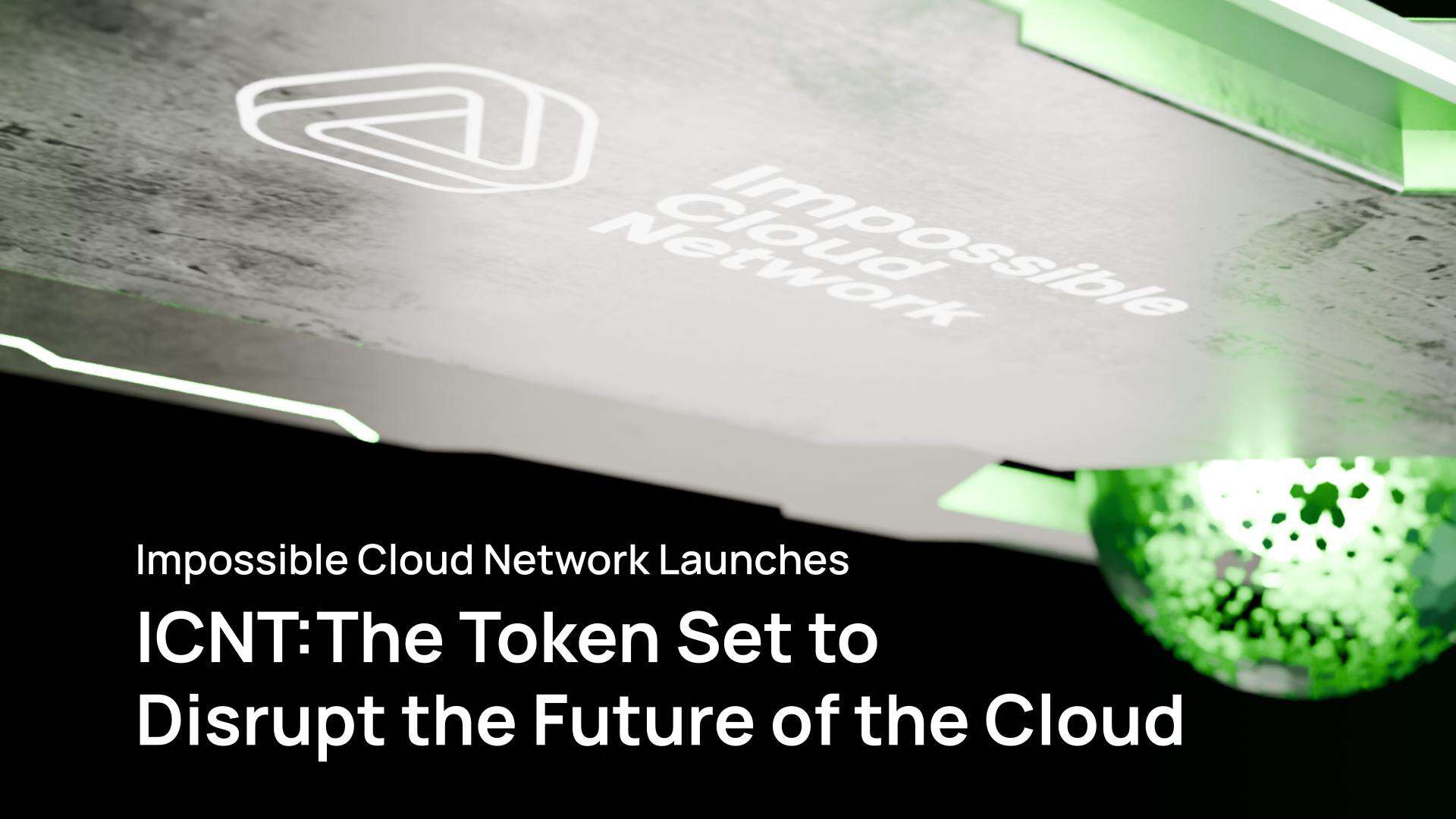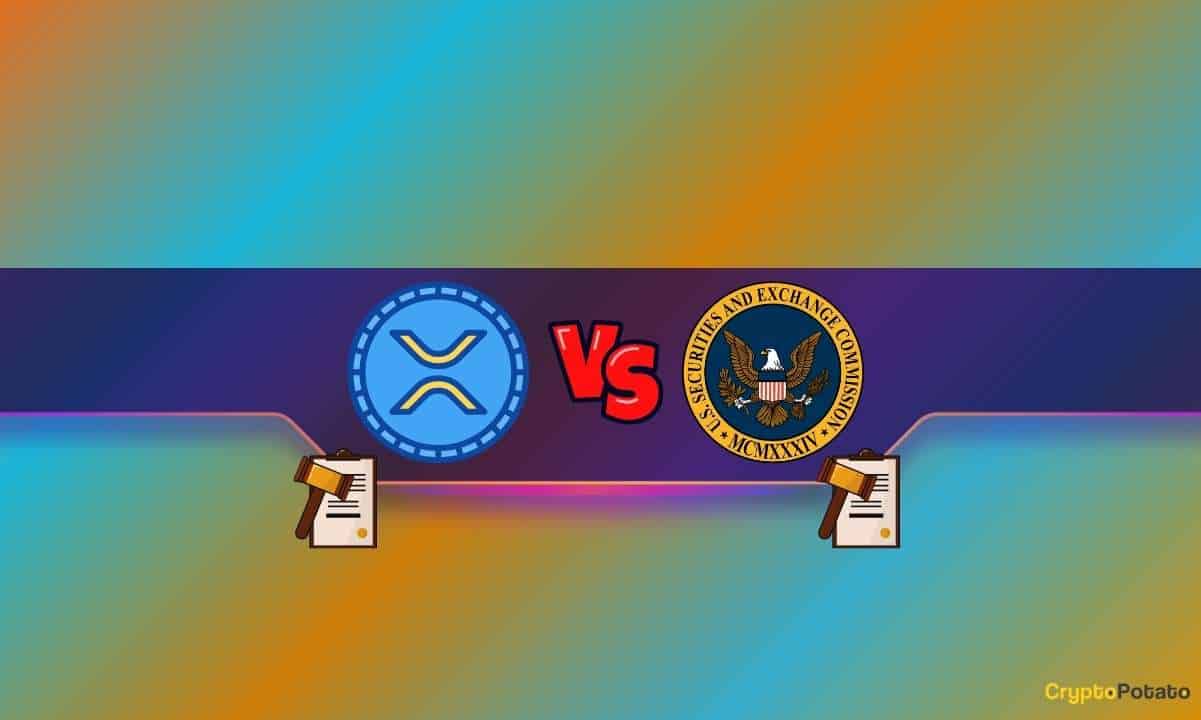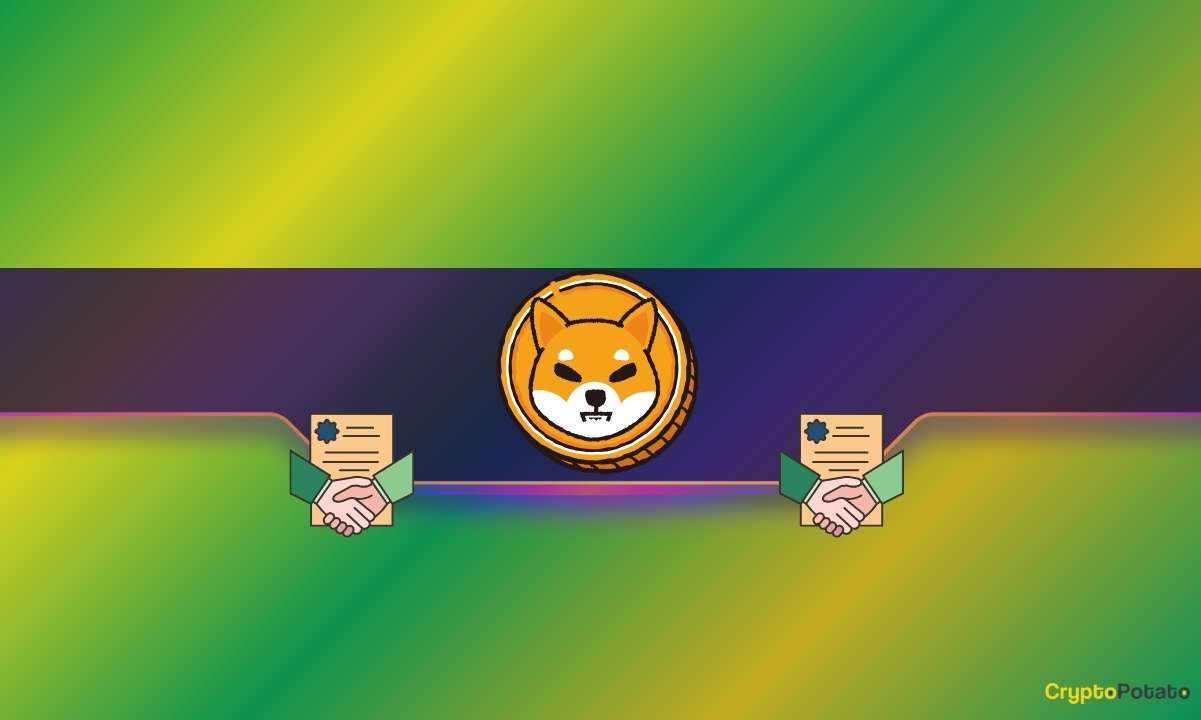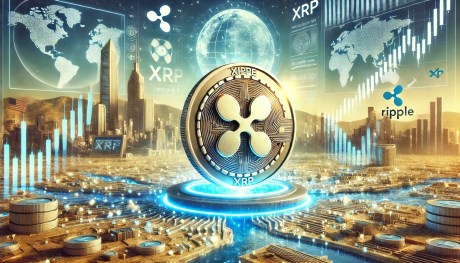Many U.S. university students returning to campus this month will find their school no longer has a diversity, equity, and inclusion program. More than 200 universities in 30 states so far this year have eliminated, cut back, or changed their DEI efforts, according to an article in The Chronicle of Higher Education.
It is happening at mostly publicly funded universities, because state legislators and governors are enacting laws that prohibit or defund DEI programs. They’re also cutting budgets and sometimes implementing other measures that restrict diversity efforts. Some colleges have closed their DEI programs altogether to avoid political pressure.
The Institute asked Andrea J. Goldsmith, a top educator and longtime proponent of diversity efforts within the engineering field and society, to weigh in.
Goldsmith shared her personal opinion about DEI with The Institute, not as Princeton’s dean of engineering and applied sciences. A wireless communications pioneer, she is an IEEE Fellow who launched the IEEE Board of Directors Diversity and Inclusion Committee in 2019 and once served as its chair.
She received this year’s IEEE Mulligan Education Medal for educating, mentoring, and inspiring generations of students, and for authoring pioneering textbooks in advanced digital communications.
“For the longest time,” Goldsmith says, “there was so much positive momentum toward improving diversity and inclusion. And now there’s a backlash, which is really unfortunate, but it’s not everywhere.” She says she is proud of her university’s president, who has been vocal that diversity is about excellence and that Princeton is better because its students and faculty are diverse.
In the interview, Goldsmith spoke about why she thinks the topic has become so controversial, what measures universities can take to ensure their students have a sense of belonging, and what can be done to retain female engineers—a group that has been underrepresented in the field.
The Institute: What do you think is behind the movement to dissolve DEI programs?
Goldsmith: That’s a very complex question, and I certainly don’t have the answer.
It has become a politically charged issue because there’s a notion that DEI programs are really about quotas or advancing people who are not deserving of the positions they have been given. Part of the backlash also was spurred by the Oct. 7 attack on Israel, the war in Gaza, and the protests. One notion is that Jewish students are also a minority that needs protection, and why is it that DEI programs are only focused on certain segments of the population as opposed to diversity and inclusion for everyone, for people with all different perspectives, and those who are victims or subject to explicit bias, implicit bias, or discrimination? I think that these are legitimate concerns, and that programs around diversity and inclusion should be addressing them.
The goal of diversity and inclusion is that everybody should be able to participate and reach their full potential. That should go for every profession and, in particular, every segment of the engineering community.
Also in the middle of this backlash is the U.S. Supreme Court’s 2023 decision that ended race-conscious affirmative action in college admissions—which means that universities cannot take diversity into account explicitly in their admission of students. The decision in and of itself only affects undergraduate admissions, but it has raised concerns about broadening the decision to faculty hiring or for other kinds of programs that promote diversity and inclusion within universities and private companies.
I think the Supreme Court’s decision, along with the political polarization and the recent protests at universities, have all been pieces of a puzzle that have come together to paint all DEI programs with a broad brush of not being about excellence and lowering barriers but really being about promoting certain groups of people at the expense of others.
How might the elimination of DEI programs impact the engineering profession specifically?
Goldsmith: I think it depends on what it means to eliminate DEI programs. Programs to promote the diversity of ideas and perspectives in engineering are essential for the success of the profession. As an optimist, I believe we should continue to have programs that ensure our profession can bring in people with diverse perspectives and experiences.
Does that mean that every DEI program in engineering companies and universities needs to evolve or change? Not necessarily. Maybe some programs do because they aren’t necessarily achieving the goal of ensuring that diverse people can thrive.
“My work in the profession of engineering to enhance diversity and inclusion has really been about excellence for the profession.”
We need to be mindful of the concerns that have been raised about DEI programs. I don’t think they are completely unfounded.
If we do the easy thing—which is to just eliminate the programs without replacing them with something else or evolving them—then it will hurt the engineering profession.
The metrics being used to assess whether these programs are achieving their goals need to be reviewed. If they are not, the programs need to be improved. If we do that, I think DEI programs will continue to positively impact the engineering profession.
For universities that have cut or reduced their programs, what are some other ways to make sure all students have a sense of belonging?
Goldsmith: I would look at what other initiatives could be started that would have a different name but still have the goal of ensuring that students have a sense of belonging.
Long before DEI programs, there were other initiatives within universities that helped students figure out their place within the school, initiated them into what it means to be a member of the community, and created a sense of belonging through various activities. These include prefreshman and freshman orientation programs, student groups and organizations, student-led courses (with or without credit), eating clubs, fraternities, and sororities, to name just a few. I am referring here to any program within a university that creates a sense of community for those who participate—which is a pretty broad category of programs
These continue, but they aren’t called DEI programs. They’ve been around for decades, if not since the university system was founded.
How can universities and companies ensure that all people have a good experience in school and the workplace?
Goldsmith: This year has been a huge challenge for universities, with protests, sit-ins, arrests, and violence.
One of the things I said in my opening remarks to freshmen at the start of this semester is that you will learn more from people around you who have different viewpoints and perspectives than you will from people who think like you. And that engaging with people who disagree with you in a respectful and scholarly way and being open to potentially changing your perspective will not only create a better community of scholars but also better prepare you for postgraduation life, where you may be interacting with a boss, coworkers, family, and friends who don’t agree with you.
Finding ways to engage with people who don’t agree with you is essential for engaging with the world in a positive way. I know we don’t think about that as much in engineering because we’re going about building our technologies, doing our equations, or developing our programs. But so much of engineering is collaboration and understanding other people, whether it’s your customers, your boss, or your collaborators.
I would argue everyone is diverse. There’s no such thing as a nondiverse person, because no two people have the exact same set of experiences. Figuring out how to engage with people who are different is essential for success in college, grad school, your career, and your life.
I think it’s a bit different in companies, because you can fire someone who does a sit-in in the boss’s office. You can’t do that in universities. But I think workplaces also need to create an environment where diverse people can engage with each other beyond just what they’re working on in a way that’s respectful and intellectual.
Reports show that half of female engineers leave the high-tech industry because they have a poor work experience. Why is that, and what can be done to retain women?
Goldsmith: That is one of the harder questions facing the engineering profession. The challenges that women face are implicit, including sometimes explicit bias. In extreme cases, there are sexual and other kinds of harassment, and bullying. These egregious behaviors have decreased some. The Me Too movement raised a lot of awareness, but [poor behavior] still is far more prevalent than we want it to be. It’s very difficult for women who have experienced that kind of egregious and illegal behavior to speak up. For example, if it’s their Ph.D. advisor, what does that mean if they speak up? Do they lose their funding? Do they lose all the research they’ve done? This powerful person can bad-mouth them for job applications and potential future opportunities.
So, it’s very difficult to curb these behaviors. However, there has been a lot of awareness raised, and universities and companies have put protections in place against them.
Then there’s implicit bias, where a qualified woman is passed over for a promotion, or women are asked to take meeting notes but not the men. Or a woman leader gets a bad performance review because she doesn’t take no for an answer, is too blunt, or too pushy. All these are things that male leaders are actually lauded for.
There is data on the barriers and challenges that women face and what universities and employers can do to mitigate them. These are the experiences that hurt women’s morale and upward mobility and, ultimately, make them leave the profession.
One of the most important things for a woman to be successful in this profession is to have mentors and supporters. So it is important to make sure that women engineers are assigned mentors at every stage, from student to senior faculty or engineer and everything in between, to help them understand the challenges they face and how to deal with them, as well as to promote and support them.
I also think having leaders in universities and companies recognize and articulate the importance of diversity helps set the tone from the top down and tends to mitigate some of the bias and implicit bias in people lower in the organization.
I think the backlash against DEI is going to make it harder for leaders to articulate the value of diversity, and to put in place some of the best practices around ensuring that diverse people are considered for positions and reach their full potential.
We have definitely taken a step backward in the past year on the understanding that diversity is about excellence and implementing best practices that we know work to mitigate the challenges that diverse people face. But that just means we need to redouble our efforts.
Although this isn’t the best time to be optimistic about diversity in engineering, if we take the long view, I think that things are certainly better than they were 20 or 30 years ago. And I think 20 or 30 years from now they’ll be even better.






























